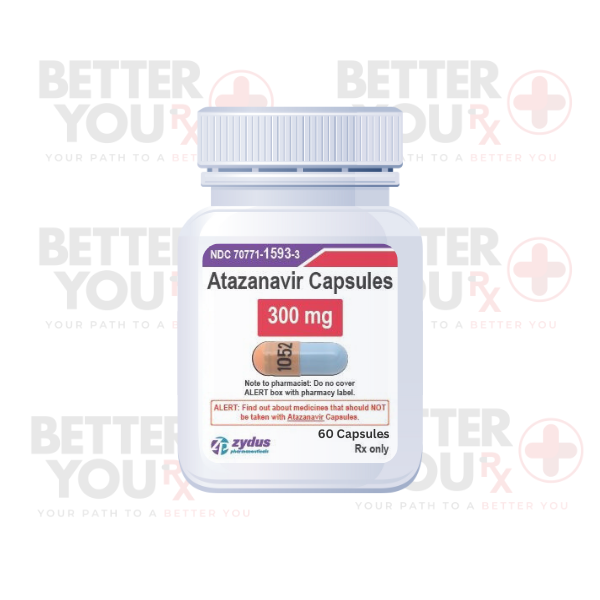Description
Paxil, with the active ingredient Paroxetine, is a widely used medication in the class of selective serotonin reuptake inhibitors (SSRIs). It is prescribed to treat a range of mental health conditions, providing relief to individuals struggling with depression, anxiety disorders, obsessive-compulsive disorder (OCD), panic disorder, social anxiety disorder, and post-traumatic stress disorder (PTSD). Paxil helps balance serotonin levels in the brain, which are often associated with mood regulation.









